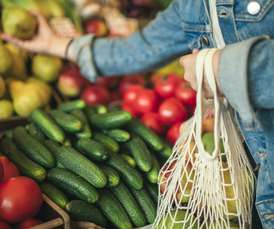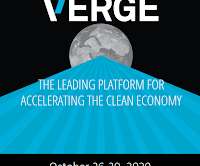Price and provenance: Does the UK have an appetite for eco-labels on food?
Business Green
NOVEMBER 18, 2021
Moreover, more than half of respondents to the Savanta ComRes survey claimed to be aware that the current food system had negative impacts on climate change, air, water and soil pollution, and that it can drive destructive land-use changes such as deforestation.














Let's personalize your content